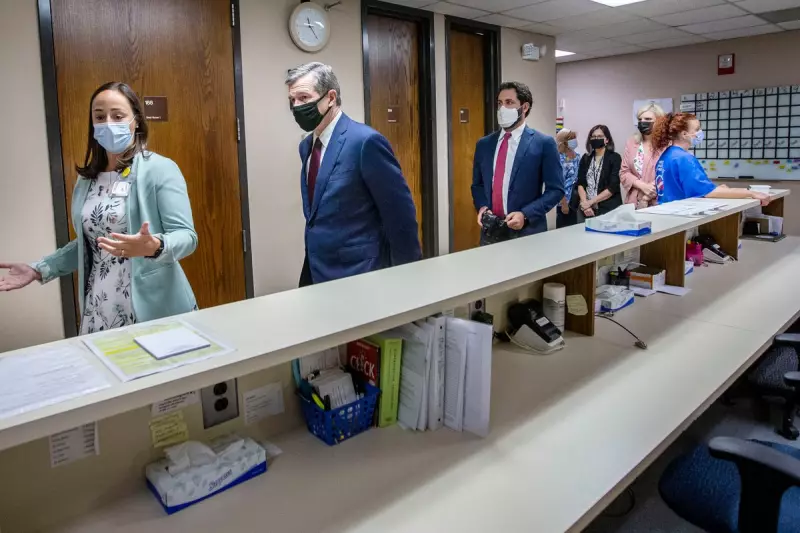
In a decisive legal ruling with significant implications for public health authority, a federal appeals court has thrown out a lawsuit brought by Republican legislators against North Carolina's Democratic Governor, Roy Cooper.
The legal challenge targeted the state's COVID-19 emergency measures, which included restrictions on businesses and public gatherings during the height of the pandemic. The plaintiffs argued that Governor Cooper had overstepped his executive authority.
Court Upholds State's Emergency Powers
The US Court of Appeals for the Fourth Circuit delivered a firm verdict, stating that the Republican lawmakers lacked the legal standing to bring the case. The court's decision effectively shields the governor's emergency powers during public health crises.
This ruling represents a substantial victory for Governor Cooper and reinforces the ability of state executives to implement swift public health measures in times of crisis without immediate legislative interference.
A Pattern of Legal Challenges
This case joins a series of similar legal battles across the United States where pandemic-era restrictions have been contested in court. The North Carolina outcome sets a notable precedent for how courts may handle challenges to executive emergency powers in future public health emergencies.
Legal experts suggest the ruling strengthens the position of state governors nationwide when implementing necessary, though often controversial, public health mandates.
The decision concludes a lengthy legal battle that began early in the pandemic, providing clarity on the balance of power between state executive and legislative branches during unprecedented health emergencies.





